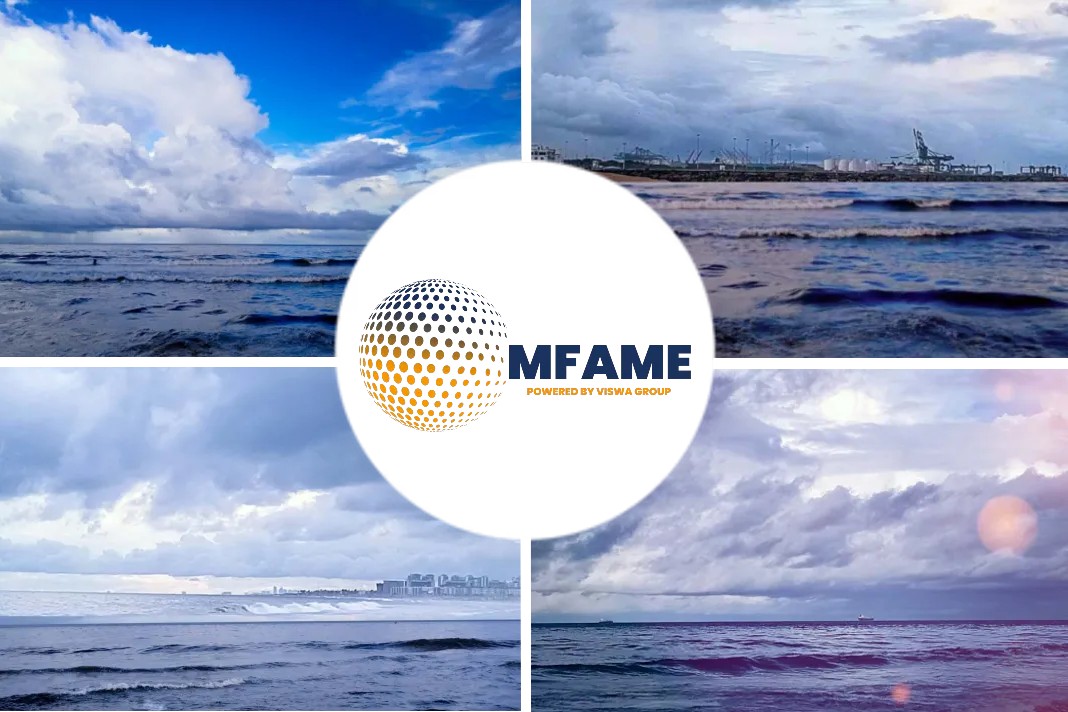
- Remote support gives IG system operators faster access to inert gas expertise to help avoid system failures and keep systems running efficiently.
- Remote Support utilises a secure VPN (Virtual Private Network) gateway designed to be quickly and easily installed without any system wiring or modifications.
- Marine Protection is offering Remote Control as an annual fee-based leasing model that can include crew training, spare parts for the IG system, and regular system tune-ups.
Following the successful completion of pilot tests with a leading tanker operator, Inert Gas specialists, Maritime Protection, a brand of global Survival Technology solutions provider, Survitec, has launched a new remote support service for its range of Inert Gas (IG) systems.
Optimizing system performance
Remote support gives IG system operators faster access to inert gas expertise to help avoid system failures and keep systems running efficiently.
Specialist IG engineers can access the system remotely to support system tuning, diagnose faults and organise solutions without the expense and delay of travelling out to ship, optimising system performance and reducing operational costs.
Reducing running cost
Bernt Øhrn, Managing Director, Maritime Protection, said: “Inert gas systems are essential and complex safety systems. If they fail, it’s effectively treated as an emergency situation requiring immediate remedial action.
We have developed a way of supporting our customers remotely, reducing vessel off-hire through system downtime, and cutting back on the need to send out service engineers to the ship, which can be costly.”
Remote support service
Officially launching at Nor-shipping in Oslo, 6th-9th June, Remote Support, an IG monitoring, diagnostics and control service, follows the successful completion of pilot tests aboard a 40,000dwt product tanker.
The need for a remote support solution became evident during the Covid pandemic when travel restrictions limited traffic on and off ships, making it difficult and, in some instances, impossible for service engineers to board vessels to diagnose and repair faults in situ.
A leading European-based tanker operator and long-standing Maritime Protection customer assisted in developing the solution, which is now in operation aboard 32 product tankers.
Øhrn explained: “Both companies agreed that a virtual support service where our inert gas engineers could log in to access the IG system remotely, diagnose any problems and fix them immediately, without having to travel out to the ship, would not only reduce operational costs but keep this critical safety system operating optimally.”
How it works?
Crew members contact the inert gas specialists at Maritime Protection, who can then access the IG system, diagnose problems, and support the crew in fine-tuning the system for optimum performance.
If there is a breakdown or a scenario that does require a physical presence, the shore-based technicians can pinpoint the problem and identify and supply the necessary spare parts beforehand, reducing the time spent onboard and ensuring the fault can be repaired in one trip.
Remote support features
Remote Support utilises a secure VPN (Virtual Private Network) gateway designed to be quickly and easily installed without any system wiring or modifications.
This is compatible with all Maritime Protection IG and nitrogen systems. And, for additional security, a “key” switch is included to enable or disable remote support and internet access quickly. This also doubles up as a firewall.
Annual fee-based leasing model
Marine Protection is offering Remote Control as an annual fee-based leasing model that can include crew training, spare parts for the IG system, and regular system tune-ups to reduce fuel consumption and increase system stability.
“Our technicians can tune up the IG system remotely to stabilise the oxygen content, optimising fuel consumption, which can realise significant fuel cost savings for each IG system,” said Øhrn.
Did you subscribe to our Newsletter?
It’s Free! Click here to Subscribe.
Source: Survitec Group


















